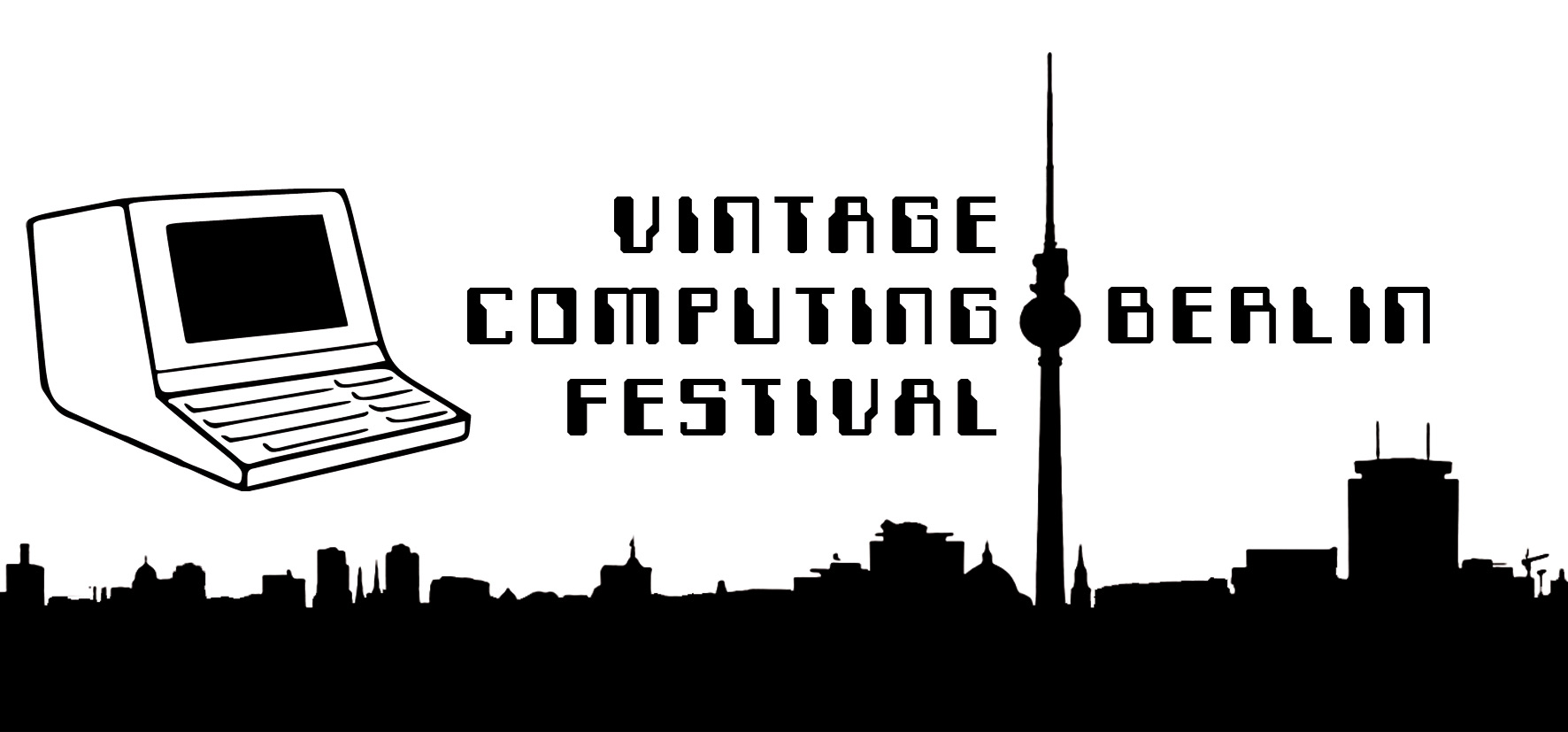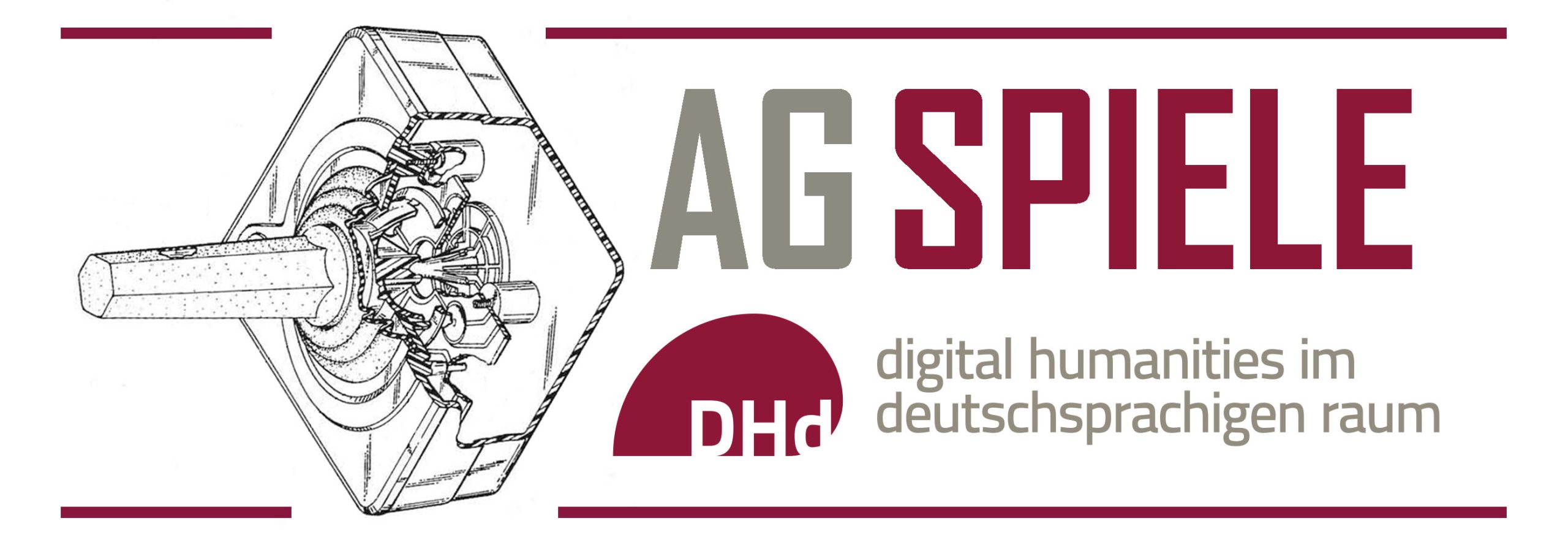Im November findet in Milwaukee eine „Film & History“-Konferenz statt, auf der ein für mein Forschungsthema hochinteressanter Themenkomplex behandelt wird: Science Fiction, Technik und Sexualität. Die CfPs zu beiden Konferenzen sind zwar schon abgelaufen, ich veröffentliche sie aber dennoch hier (vielleicht ist dann ja zufällig jemand in der Nähe):
Lust in Space: Love in Science Fiction Film and Television”
2010 Film & History Conference: Representations of Love in Film and Television
November 11-14, 2010
Hyatt Regency Milwaukee
www.uwosh.edu/filmandhistory
Third Round Deadline: June 1, 2010AREA: Lust in Space: Love in Science Fiction Film and Television
Science fiction typically relegates matters of the heart to perfunctory sub-plots. As Dale Arden says in the 1980 remake of Flash Gordon: “Flash, I love you, but we only have fourteen hours to save the Earth!” Yet science fiction also places love, sex, and reproduction in provocative new contexts. What are the stakes in a „mixed marriage“ when the partnership crosses species, not just races or religions? How does love or family thrive in a utopian (or dystopian) future defined by sleek machines and hyper-efficiency? Does sentience in a computer or robot entail the capacity to love? How do cinematic stories of time travel challenge the ethics of cultural, sexual, or technological interference? Why are scientists, engineers, and astronauts so often sexless in film, and what happens when they do fall in love (or in lust)? From the high seriousness of George Lucas’ THX-1138 (in which love is the ultimate act of defiance in a totalitarian future) to the low comedy of Back to the Future (in which a teenaged time-traveler fends off the advances of his teenaged mother), this area will treat all cinematic and televisual forms—adventure, drama, farce, social commentary, allegory, and more—as it explores the role of love inside the boundless space of science fiction.
Topics that would naturally fall within this area include:
- Human-alien couples in series television (Babylon 5, the Star Trek universe)
- Human-alien one-night stands (Star Trek, Starman, Barbarella, Species)
- Loving robots (AI, the Terminator universe, Bicentennial Man, Wall-E)
- Strange pregnancies (Humanoids from the Deep, Demon Seed, Village of the Damned, Junior)
- Love and Time Travel (Back to the Future, Time After Time, Forever Young)
- Dystopian Love (THX-1138, Gattaca, Children of Men, Zero Population Growth, Fortress)
- Love in Space (Rocketship X-M, Saturn 3, Mission to Mars, Red Planet)
- The Family of the Future (Meet the Robinsons, Lost in Space, Phil of the Future)
- Love in the Laboratory (The Desk Set, Creator, The Fantastic Four, The Incredible Hulk)
- Man-Made Women: (Metropolis, Bride of Frankenstein, Weird Science, Simone)
Und die zweite:
“Loving the Machine: Human-Machine Relationships in Film and Television”
2010 Film & History Conference: Representations of Love in Film and
Television
November 11-14, 2010
Hyatt Regency Milwaukee
www.uwosh.edu/filmandhistory
Third Round Deadline: June 1, 2010AREA: “Loving the Machine: Human-Machine Relationships in Film and
Television”In the last century, the long-running discourse of human-machine relations
extended to film and television depictions of struggles for power,
intimacy, identity, or security. Potential social conflicts engendered by
producing machines that operate in their own self-interest have been
explored in films such as 2001: A Space Odyssey, Bladerunner, AI:
Artificial Intelligence, I, Robot, and The Bicentennial Man, and, on
television, in stories such as the classic Twilight Zone episode “The
Lonely,” the “Valerie 23” and “Mary 25”episodes of The Outer Limits, and
the 1980s TV series Small Wonder. Human-machine relationships run the
gamut from comedic to sinister. In The Desk Set, a satire of contemporary
worries about how smart computers would affect the human labor force,
Woody Allen’s character struggles with toasters, tape recorders, and cars,
whereas much darker forces are at work in the relationship between a man
and his machine in Christine. These and other stories have raised numerous
questions: Is sex with an android any different than sex with a vibrator?
Could a machine love you back? What does the “cyborg-ization of society”
mean, and how does it alter the Cartesian distinction between living and
non-living things?This area, comprising multiple panels, invites submissions that explore
this subject from a variety of methodologies. Topics might include but are
not limited to the following:
- Human/machine relationships in Anime
- The anthropomorphism and/or gendering of ships, vehicles, and weapons
- The recent trend of producing shorts with robotic pets for YouTube
- Android love
- Obsession with a particular machine
- Dystopian representations of machine-run societies
- Love/hate relationships with machines
- Robots as either saviors or conquerors
- Mystical or magical sources in human/machine stories
- Literary sources of films and teleplays about love and the machine
- Philosophical bases of our ideas about our relationship with machines
Ich selbst habe – auch nicht mehr ganz rechtzeitig, aber vom Konferenzleiter toleriert – ein Abstract zum Computer-Motiv im Porno-Science-Fiction-Film der 70er- und 80er-Jahre eingereicht.




